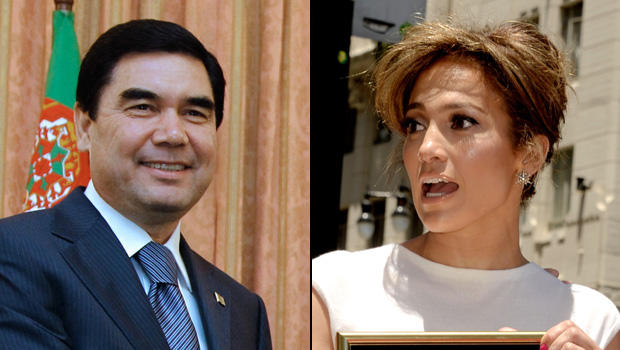Traveling always gives you an interesting insight into the culture of another country, but an additional benefit of traveling is the ability to reflect back on your own culture and to see it from a different perspective. The observance of holidays, and more specifically the importance placed on some celebrations by the community and society as a whole, is just one of the interesting comparisons you can make after having traveled abroad.
Monday was Memorial Day in the United States. Its a holiday that has been observed on the last Monday in May since 1968 and honors the sacrifice of fallen soldiers. Memorial Day started out in the 1860’s as Decoration Day, a day where family, friends and sympathetic citizens adorned the graves of Union and Confederate soldiers who died in the Civil War with flowers. The tradition was later extended to honor all Americans who died serving in the military and it was officially recognized in Federal law as Memorial Day in1967. While great pride is taken by many to honor the sacrifice made by American soldiers on Memorial Day, there is some controversy surrounding the holiday.
In 1968, Congress passed the Uniform Monday Holiday Act which moved Memorial Day, previously observed on May 30th, and three other Federal holidays from their originally observed dates to specified Mondays in order to create three day weekends. According to some veteran’s groups, in recent years Memorial Day has become more of a holiday than a day of remembrance. Many people appear to have become more occupied with planning camping trips, organizing barbeques and ensuring there is enough ice in the cooler to keep all of the beer cold than actually taking time to stop and remember the sacrifices made by veterans. In 2002, one veteran’s group chided the decision to move Memorial Day stating that:
“Changing the date merely to create three-day weekends has undermined the very meaning of the day. No doubt, this has contributed a lot to the general public’s nonchalant observance of Memorial Day.”
The American media also frequently refers to Memorial Day as the official kickoff of the summer holiday and travel season.
The United States isn’t the only country to dedicate a day to remember their fallen heroes. In Russia, May 9th is День Победы or Victory Day, and it commemorates the victory over Nazi Germany in the Second World War. This is a massively important day in Russia. National programming is dedicated to honoring the sacrifice of Soviet troops in World War II and sharing stories of their heroism. Nearly every motorist has the signature orange and black victory day ribbon tied to their antennae or hanging from rear view mirror of their vehicle. A massive military parade rolls through Red Square in Moscow and hundreds of thousands of people line the route to catch a glimpse of tanks, rocket launchers and troops marching in perfect unison. Smaller ceremonies take place in every city, town and village throughout Russia, and monuments to fallen heroes, which seem to stand prominently in every square, park and open space, are adorned with extravagant floral bouquets.
The importance placed on this day is easily felt and observed. Victory Day is not a day for partying or celebrating the fact that you have the day off work… it is a day of reflection, honor and respect… for everyone. Remembering military sacrifice in Russia is not just a one day event either… in most Russian cities and towns, there is a central monument containing an eternal flame and in some cases, military cadets stand guard over this flame year round.
I suppose one explanation for the heightened sense of significance I felt watching the Victory Day ceremonies in Russia is the fact that the battles between Soviet and Nazi troops actually took place on Russian soil. These battles took place in the next province, in the next town, just down the street, and in people’s own back yard, so everyone has some connection to and some memory of just how bad the war was and just how significant the sacrifices made by their soldiers were. Human losses in the Soviet Union during WWII were staggering, amounting to nearly 14 percent of the population… an estimated 20-27 million people, of which 9-14 million were soldiers. The chances of a contemporary Russian citizen being related to someone who died in WWII, either civilian or military, are high, so the sense of gratitude and debt on Victory Day is equally high.
By comparison, US fatalities in WWII were about 500,000 (less than 0.4 percent of the population), the vast majority were soldiers, but aside from Pearl Harbor, the fighting never really reached US soil, and with the exception of the Civil War, it never really has. As a result, to a large percentage of Americans, WWII may feel distant or even seem insignificant, and there may not be any direct connection or relation to anyone who served in the military or someone who died serving in the military. The same can probably be said for other foreign wars like Vietnam, Iraq, Afghanistan, etc. But just because the battles US troops have engaged in took place on the other side of the world, in places most people have never heard of, it does not mean their sacrifices were any less significant. Witnessing Victory Day in Russia helped me to see that more clearly than I ever had in the past. Maybe for the sake or our fallen troops, it is time we moved Memorial Day back to May 30th so it is not confused with fishing trips, pool parties and Tuesday hangovers.



















